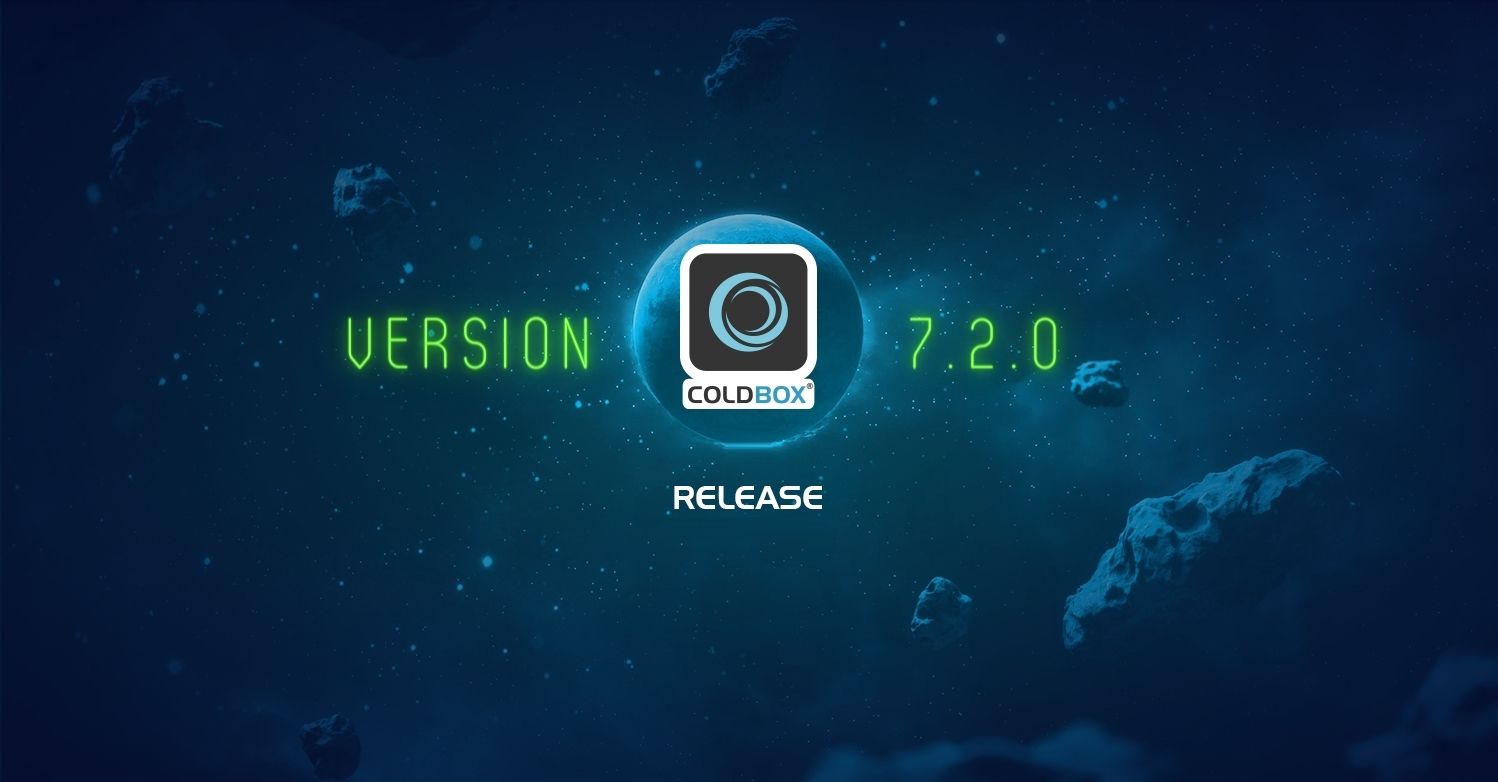There are two ways to run commands via CommandBox: inside the CommandBox interactive shell, or one-at-a-time commands from your native shell.
Multiple Commands
If you open the interactive shell, you will see the CommandBox splash screen (ASCII art) and then you'll be presented with the CommandBox> prompt. You can enter as many commands as you wish in order and after each command is finished executing, you will be returned to the CommandBox prompt. If you have multiple commands you want to execute manually, this is the fastest method since CommandBox only loads once. This is also the only way to make use of features like tab complete and command history.
This example show running the box.exe executable from a Windows DOS prompt, executing the version, pwd, and echo commands, and then exiting back to DOS.
C:\>box _____ _ ____ / ____| | | _ \ | | ___ _ __ ___ _ __ ___ __ _ _ __ __| | |_) | _____ __ | | / _ \| '_ ` _ \| '_ ` _ \ / _` | '_ \ / _` | _ < / _ \ \/ / | |___| (_) | | | | | | | | | | | (_| | | | | (_| | |_) | (_) > < \_____\___/|_| |_| |_|_| |_| |_|\__,_|_| |_|\__,_|____/ \___/_/\_\ v1.0.0.00093 Welcome to CommandBox! Type "help" for help, or "help [command]" to be more specific. CommandBox> version CommandBox 1.0.0.00093 CommandBox> pwd C:\ CommandBox> echo "Hello World!" Hello World! CommandBox> exit C:\>
One-Off Commands
You can also spin up CommandBox from your native shell to execute a single command inline. You can do this if you only have one command to run, or you want to automate a command from a Unix shell script or Windows batch file. This mode will not show the ASCII splash screen, but keep in mind it still loads CommandBox up and unloads it in the background. Any output from the command will be left on your screen, and you will be returned to your native OS prompt.
Here is an example of running the version command from a Windows DOS screen. Note, you'll need to either do this from the directory that holds the box executable, or add the executable to your default command path so it is found.
C:\>box version CommandBox 1.0.0.00093 C:\> box pwd C:\ C:\> box echo "Hello World!" Hello World! C:\>
The box text is calling the CommandBox binary, and the version bit is passed along to the CommandBox shell to execute once it loads. You'll notice this example calls the same commands as the previous, but all from the operating system's native shell.




Add Your Comment
(2)
Feb 23, 2015 13:45:43 UTC
by Sean Coyne
Is there a way to script multiple commands for use in other shell scripts? For example, lets say I write a batch or shell script that does a number of things, and only a couple of them involve CommandBox. Rather than run them as `box command arg arg` each time which will spin up CommandBox each time can I put the box commands in a file and have CommandBox run the commands inside the file? Maybe a file like "box-commands.txt" and then in my batch/shell script do something like `cat box-commands.txt >> box` or maybe `box -command-file box-commands.txt`? Just a thought. I've been doing a lot of DevOps stuff lately with Vagrant and provisioning and having CommandBox be a part of that might be helpful but its painfully slow to run `box command` multiple times within a single script.
Feb 23, 2015 13:55:38 UTC
by Brad Wood
Yes Sean, we have several things already in place to help you with this. If you just want to run a series of CFML statements in a row, you can run an entire .cfm file with box binary. You can also create shell scripts on Unix operating systems that you just execute natively from the shell. Please see Luis's blog post from Friday that covers these approaches. http://www.ortussolutions.com/blog/running-cfml-from-the-command-line And if you just want to run multiple CommandBox commands at once, then you want to look into our recipe command. You point it at myRecipe.boxr and it will run each line as a command. Luis also blogged about this on the 13th: http://www.ortussolutions.com/blog/lets-get-cooking-with-commandbox-recipes And finally, this is all documented in our new GitBook-based docs so please give them a read: http://commandbox.ortusbooks.com/content/